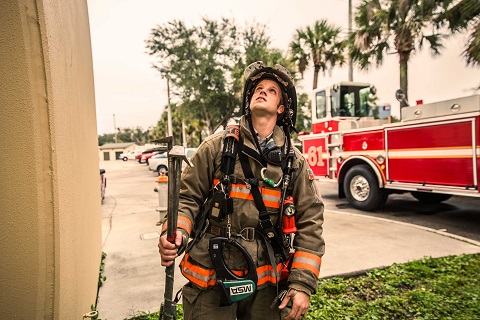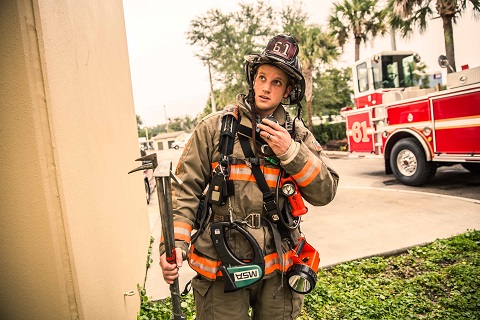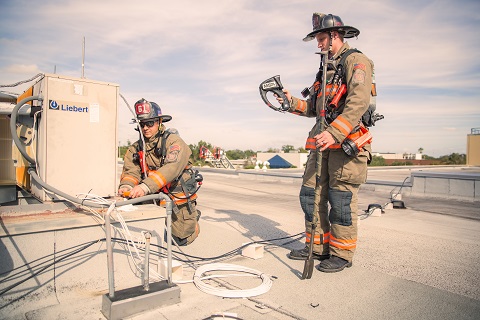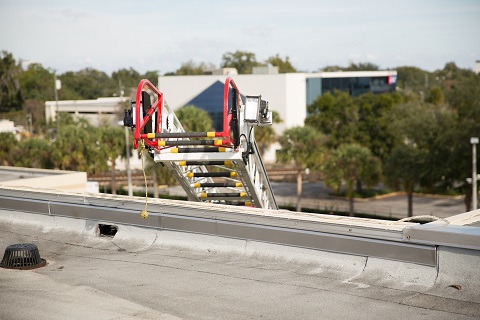In our last post we discussed situations when a 360 of the fire building may be delayed or unable to be completed at all. That post can be found by clicking here.
Now we will ask some additional questions: Do you even bother to perform a 360? If so, what types of calls do you perform them on?
Most people would probably lean toward doing them more often than not, but those were really just the primer questions. The real question is this: Do you take the time to perform a 360 on “nothing showing†or “automatic fire alarms?â€
If your staffing situations allow, it should be a part of your SOG’s to have a 360 done on these seemingly insignificant calls as well. For example, Winter Park has the Outside Truck crew perform a 360 on all automatic fire alarm activations. It is signified as being complete by a simple radio transition: “Outside Truck to Command, 360 all clear, standing by utilities.†It’s a great training opportunity for everyone, not just the ones tasked with completing it, but for everyone listening as well. It’s a simple way to keep the 360 on everyone’s mind.
It is important to mention that the 360 on these seemingly “insignificant calls†may be abandoned (or modified) if other tasks are required of the Outside Truck crew. For example, most buildings in Winter Park require the aerial ladder to be extended to access and investigate roof top air conditioning units (which are often to blame for our Fire Alarm activations.) Often times in this situation the 2 man Outside Team will split up, The Tractor Operator will set-up and extend the aerial for roof access, while the Tillerman performs the 360. After the 360 is complete (and announced on the radio) the Tillerman will join up with the Tractor Operator and access the roof.
Again, these recent discussions of the importance of 360’s are not being shared to delay initial operations. We are simply trying to demonstrate their importance and increase understanding of times when they should, and times when they shouldn’t (or can’t) be completed. Taking the time to standardize how and when they are completed will help set you up for success on the fireground. Also, taking the time to practice them on “insignificant calls†will help them become standard practice and part of everyone expectations.
Photo credit: Dennis Stevens, DennissPhotography.com




